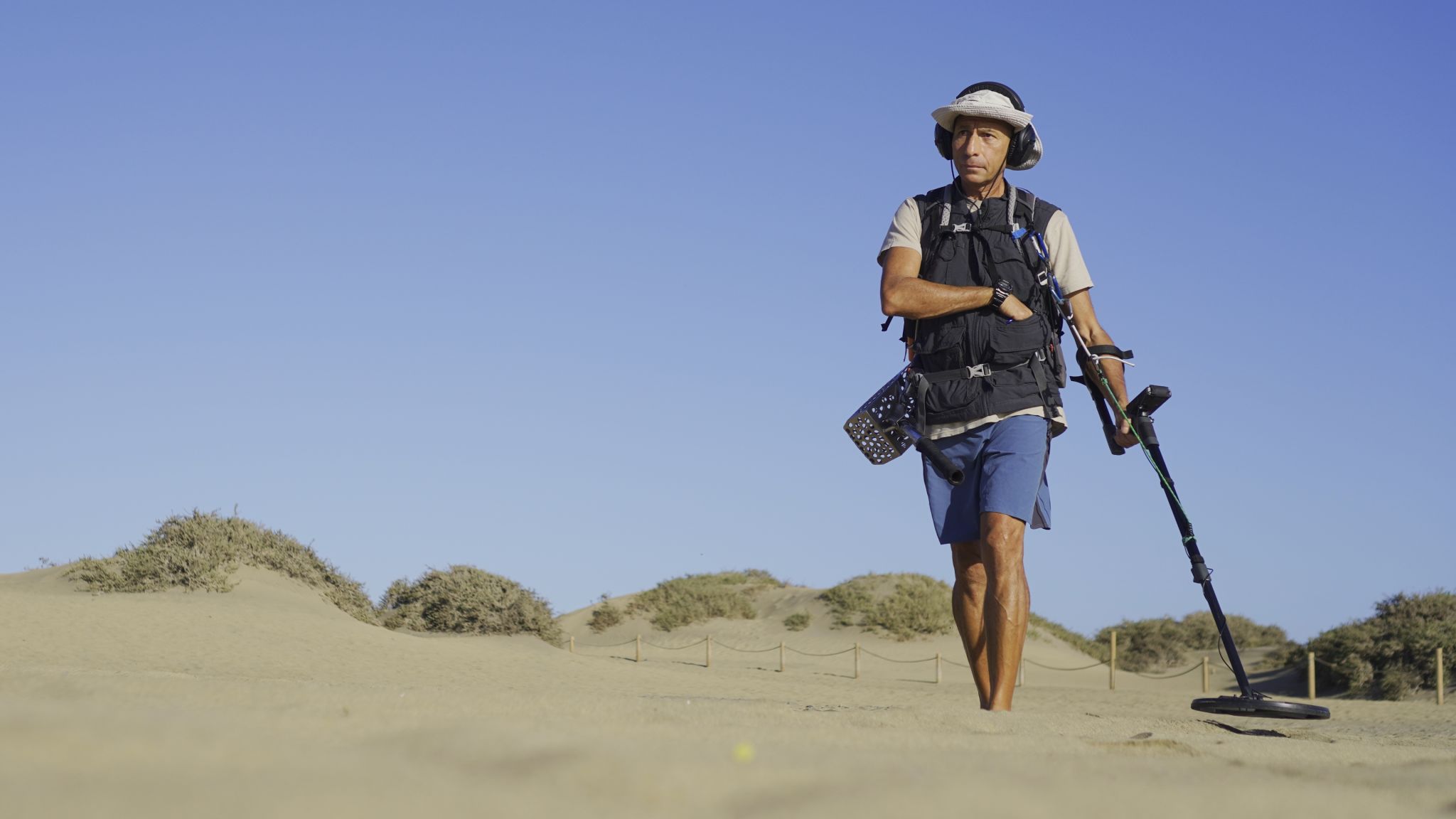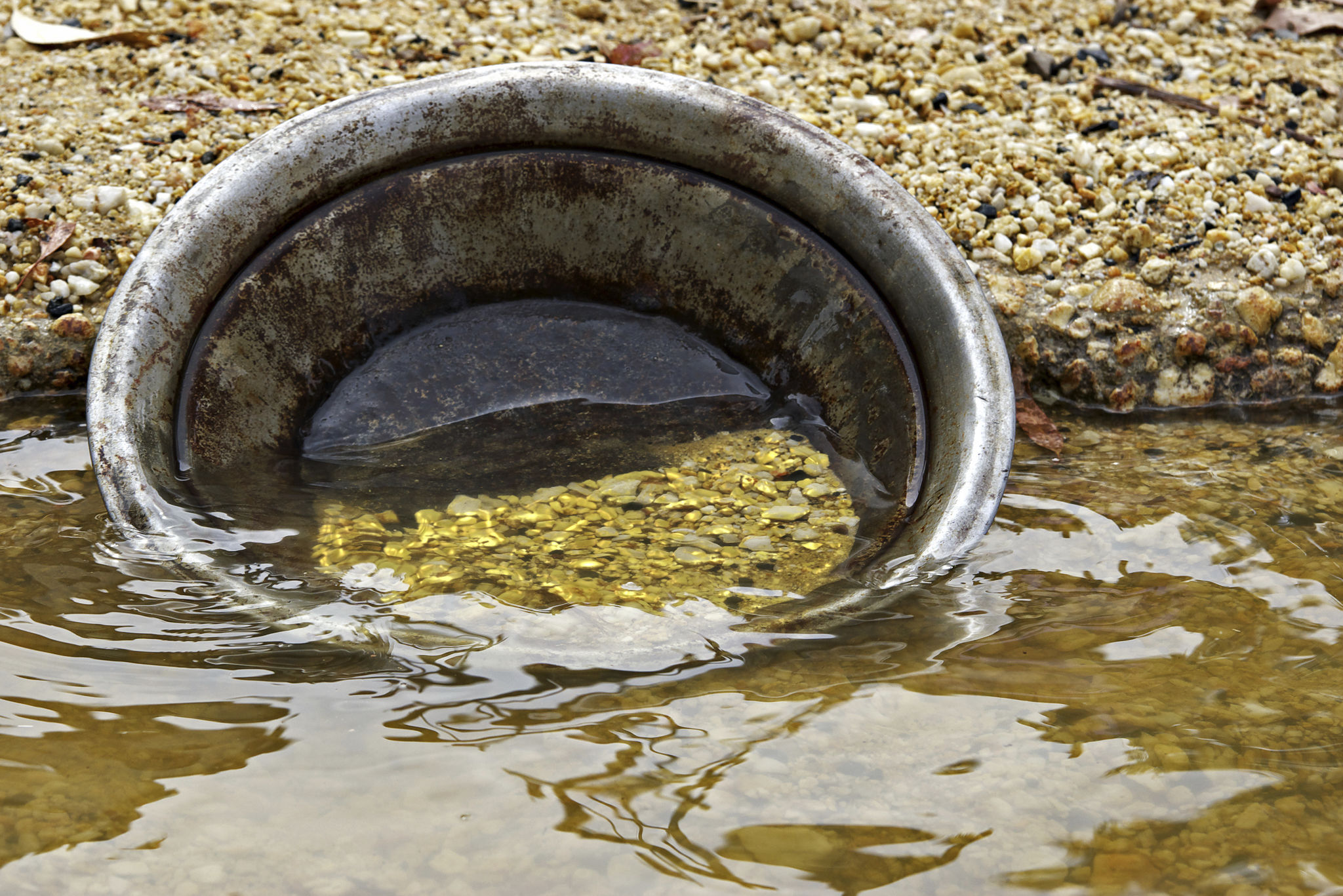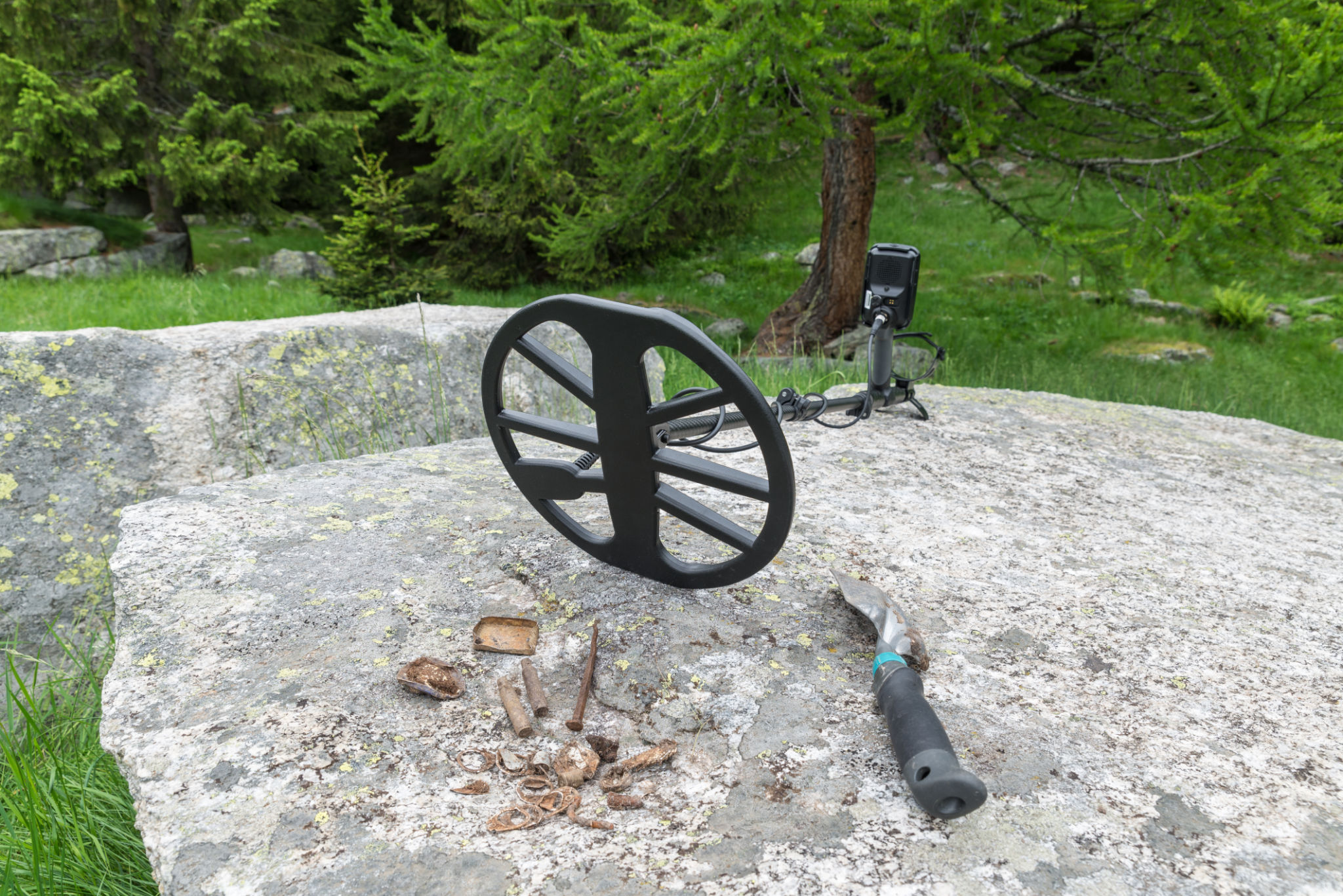The Ultimate Guide to Choosing the Right Metal Detector for Your Needs
MM
Understanding Your Metal Detecting Goals
Before you start shopping for a metal detector, it's essential to understand your goals. Are you searching for coins, relics, or gold nuggets? Each type of treasure requires different features in a metal detector. Knowing what you seek will help you make an informed decision. Additionally, consider whether you're metal detecting as a hobby or for professional purposes, as this can impact the features and price range you should consider.

Types of Metal Detectors
There are three primary types of metal detectors: Very Low Frequency (VLF), Pulse Induction (PI), and Beat Frequency Oscillation (BFO). VLF detectors are the most common and are excellent for general-purpose use. PI detectors are ideal for searching in highly mineralized soils or underwater. BFO detectors are less common but can be useful for beginners due to their simplicity and lower cost.
Very Low Frequency (VLF)
VLF detectors are versatile and often come with features like discrimination settings, which help you distinguish between different types of metals. They are suitable for finding coins, jewelry, and relics in various environments, including parks and beaches.
Pulse Induction (PI)
PI detectors are known for their ability to function well in challenging conditions, such as salty soils or mineral-rich areas. They are commonly used by treasure hunters looking for gold nuggets or conducting underwater searches.

Key Features to Consider
When choosing a metal detector, several key features can enhance your experience and success rate. One of the most important features is discrimination, which allows the detector to differentiate between valuable targets and less desirable metals like iron. Ground balance is another crucial feature that helps the detector perform well in mineralized soils by adjusting to ground conditions.
Depth Indicator
A depth indicator can be incredibly useful for determining how deep you need to dig to retrieve your find. It saves time and effort by giving you an estimate of how far down your target is located.
Coil Size and Type
The size and type of coil can significantly impact your metal detecting experience. Larger coils cover more ground and detect deeper targets but may be less sensitive to small objects. On the other hand, smaller coils are better suited for detecting tiny objects and navigating cluttered areas.

Setting a Budget
Metal detectors come in a wide range of prices, from budget-friendly options to high-end models with advanced features. It's important to set a budget before you start shopping. Consider how often you plan to use the detector and what features are essential for your needs. Remember that investing in a quality detector can lead to more successful hunts and greater enjoyment in the long run.
Conclusion
Choosing the right metal detector involves understanding your detecting goals, familiarizing yourself with different types of detectors, and considering key features that align with your needs. By setting a realistic budget and prioritizing essential features, you'll be well-equipped to find the perfect metal detector for your adventures. Whether you're hunting for coins, relics, or hidden treasures, the right equipment can make all the difference.